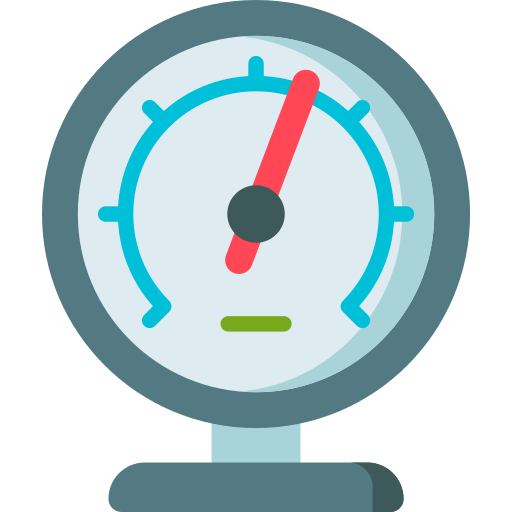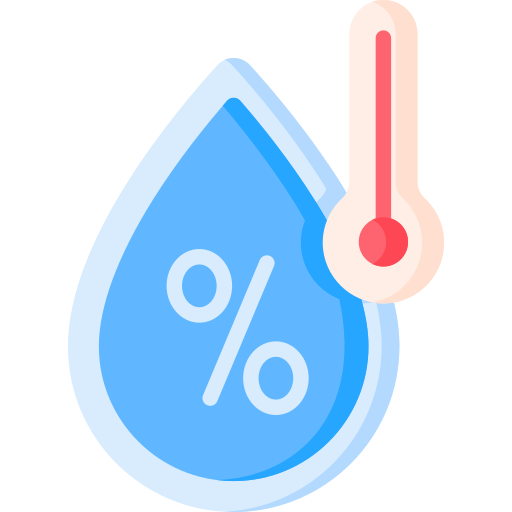Beirut - Introduction

About Beirut
Beirut ( bay-ROOT; Arabic: بيروت, romanized: ) is the capital and largest city of Lebanon. As of 2014, Greater Beirut has a population of 2.5 million, just under half of Lebanon's population, which makes it the fourth-largest city in the Levant region and the sixteenth-largest in the Arab world. The city is situated on a peninsula at the midpoint of Lebanon's Mediterranean coast. Beirut has been inhabited for more than 5,000 years, making it one of the oldest cities in the world.
Beirut is Lebanon's seat of government and plays a central role in the Lebanese economy, with many banks and corporations based in the city. Beirut is an important seaport for the country and region, and rated a Beta- World City by the Globalization and World Cities Research Network. Beirut was severely damaged by the Lebanese Civil War, the 2006 Lebanon War, and the 2020 massive explosion in the Port of Beirut. Its architectural and demographic structure underwent major change in recent decades.
Beirut Current Weather
,
| Parameter | Value |
|---|---|
Wind 
|
|
Pressure 
|
|
Humidity 
|
|
Visibility 
|
|
UV Index 
|
|
Precip 
|